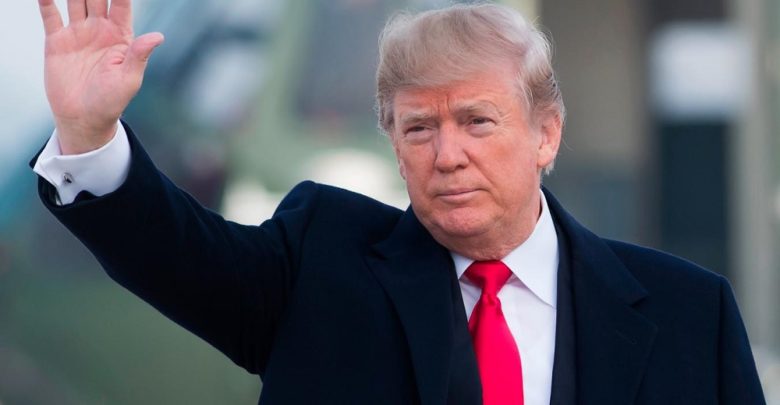World
US President Trump Says Talks With Egypt, Ethiopia, Sudan Over Dam Dispute Went Well

The United States President Donald Trump on Wednesday said he had held talks with officials from Egypt, Ethiopia, and Sudan over the Grand Ethiopian Renaissance Dam, reported Reuters.
“Just had a meeting with top representatives from Egypt, Ethiopia, and Sudan to help solve their long-running dispute on the Grand Ethiopian Renaissance Dam, one of the largest in the world, currently being built. The meeting went well and discussions will continue during the day!” the U.S. President wrote in a Twitter post.
On Wednesday, the foreign ministers of the three countries and their delegations also had a meeting with the Secretary of the Treasury and the President of the World Bank in Washington, D.C.
In a joint statement released after the meeting, the ministers noted that they would continue with the negotiation talks in meetings scheduled to be held on December 9 and January 13 in Washington. They said they would work together and try to reach a final agreement by January 15, 2020.
“The ministers reaffirmed their joint commitment to reach a comprehensive, cooperative, adaptive, sustainable, and mutually beneficial agreement on the filling and operation of the Grand Ethiopian Renaissance Dam (GERD) and to establish a clear process for fulfilling that commitment in accordance with the 2015 Declaration of Principles,” the statement read.
Notably, if an agreement is not reached by January 15, 2020, the foreign ministers agree that Article 10 of the 2015 Declaration of Principles will be invoked.
The massive hydropower dam project has been the focus of a feud between Egypt and Ethiopia over water resources. Egypt says the dam could drastically disrupt the Nile, the river providing 90 percent of the country’s drinking water. Ethiopia, on the other hand, says the dam is crucial to its economic development as it will dramatically increase the country’s power generation capacity. Ethiopia is willing to fill the dam within six years, but Egypt prefers a 10-year time frame.






